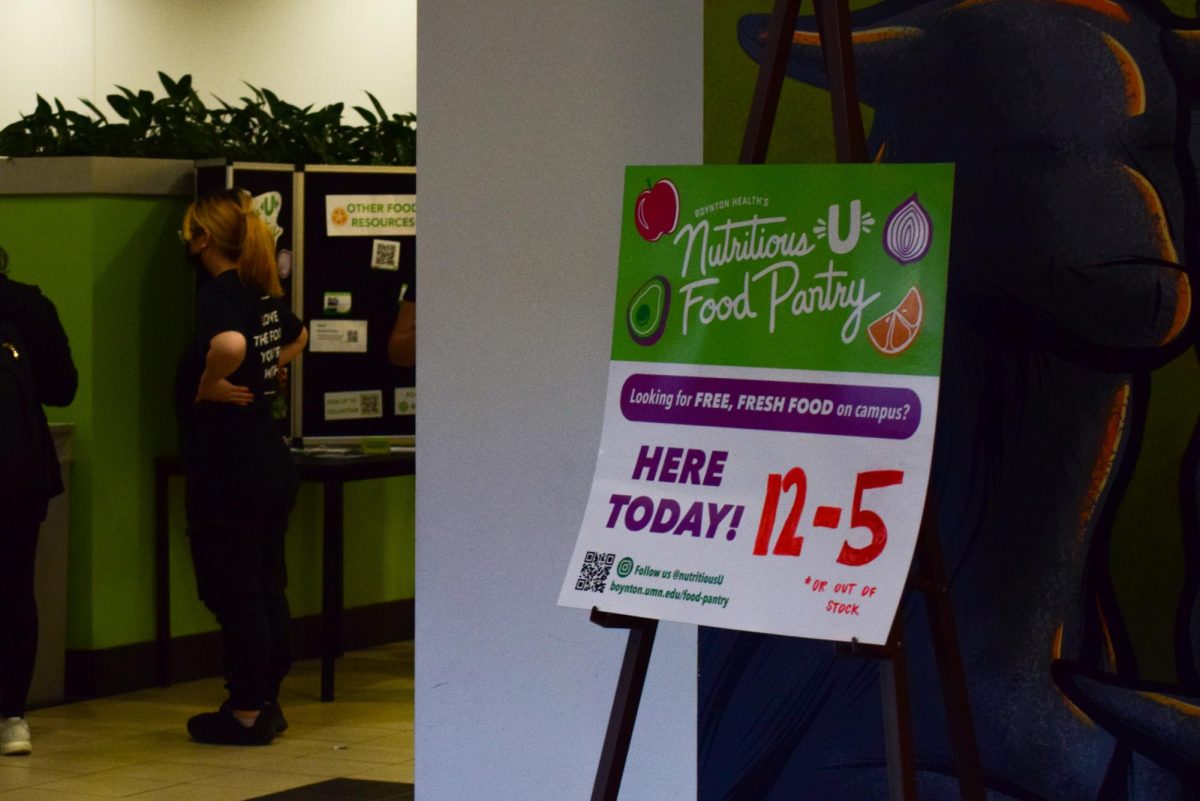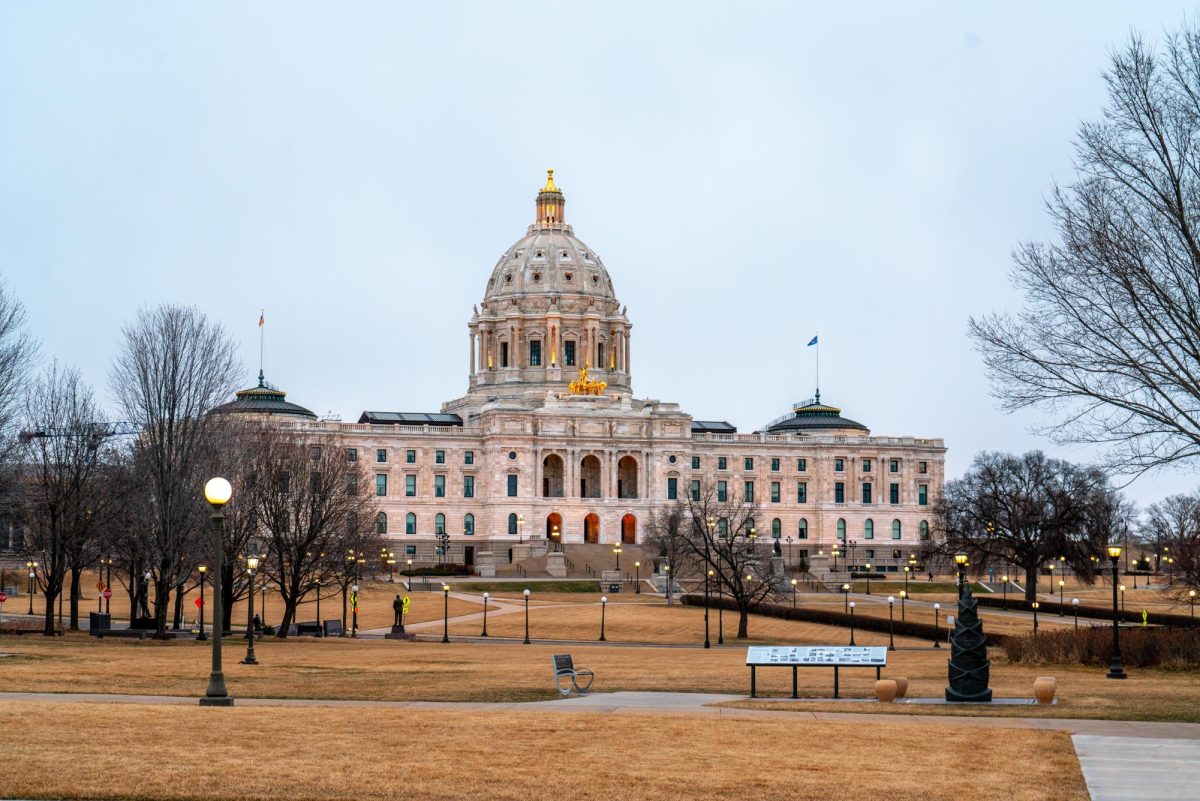Housing vacancies in the Twin Cities are being addressed on both the city and state levels with bills such as the Missing Middle Bill, House File (HF) 4010 and multiple vacancy programs from the Minneapolis City Council.
The Ward 2 vacancy rates are being addressed through the Vacant Building Registry program and a new program for non-hazardous properties.
Ward 2 City Council member Robin Wonsley said she saw high vacancy rates across her ward, with data showing up to 7,000 residential units currently sitting vacant.
Wonsley said her office is working on a proposal to implement fees for unoccupied units that are not hazardous and increase fees for existing residential vacancies.
“We want to make sure that we have a clear understanding of how many of those units are sitting empty and also explore the motivating factors behind why these units have been left empty, if it is around unaffordable rents or lack of access or understanding or awareness about these units,” Wonsley said.
Wonsley added it is important to recognize vacancy fees are just one piece of their rental protection plan along with providing additional support to students in her ward.
“Many of my students are living in units that are extremely unaffordable and often having to work either multiple jobs or take out additional student loans in order to cover their housing, which is just completely unacceptable,” Wonsley said. “As a college student, your main job should be focusing on completing your academic degree.”
Executive Director of The Minnesota Housing Partnership Anne Mavity said to address vacancy issues, there needs to be more housing available.
“There’s not a community that has enough housing to provide for a growing population, to provide for a thriving economy and the growth of new jobs,” Mavity said.
The Minnesota Housing Partnership conducted research, driving policy and investments, and has worked with rural communities to support housing for 35 years, according to Mavity. They work on bills to address housing like the Missing Middle Bill and HF 4010, aiming to create an easier process for building multi-family residential developments.
“If you think about the housing market as a game of musical chairs, the whole point of the game is that you have nine chairs and ten people. You always have one fewer chair than there are people,” Mavity said. “What we have in the housing market is the same thing happening right now and so the people that are being left out, their vulnerabilities are magnified.”
The Missing Middle Bill looked to steer away from placing single-family homes on a large lot and legalize the building of multi-family homes, making homes affordable and within reach for many people, Mavity said.
Rep. Larry Kraft (DFL-St. Louis Park), co-author of the bill, said they want to make the process of building multi-family homes just as accessible as building single-family homes.
“Why does that have to be something that we add so much friction to the process?” Kraft said. “The inevitable result of that is that stuff doesn’t get built and we’re seeing the results of that with the housing gap we have.”
Kraft said another reason he was interested in this bill came from his experiences on the St. Louis Park City Council where he understood the importance of affordable housing in his community.
“I can’t tell you how many times I’ve heard something that goes like this: ‘I’ve lived in St. Louis Park for 30 years or 40 years and I love it here, but I couldn’t afford my house today,’” Kraft said. “Or, ‘We work here and we can’t afford to live here,’ so I hear that and am so often like, ‘Wow, we have some structural issues in housing.’”
The Missing Middle Bill did not pass this session, but Mavity and Kraft are hopeful for HF 4010.
Mavity said with HF 4010 they are trying to balance local government control with making it easier to create the housing needed.
“You look at mall parking lots and they’re half empty,” Mavity said. “Let’s actually put that land into use and they put up hotels and apartment buildings and all kinds of things,” Mavity said.
Kraft said legalizing more types of housing helps future generations by allowing for more starter homes and opportunities for a lower price point.
“I think by not doing stuff like this right now, we’re not doing right by the younger generation and we’re also not doing right by the racial wealth gaps that are really severe in Minnesota,” Kraft said.
Correction: A previous version of this article misstated where Robin Wonsley saw vacancies occurring. They were across the whole city.














